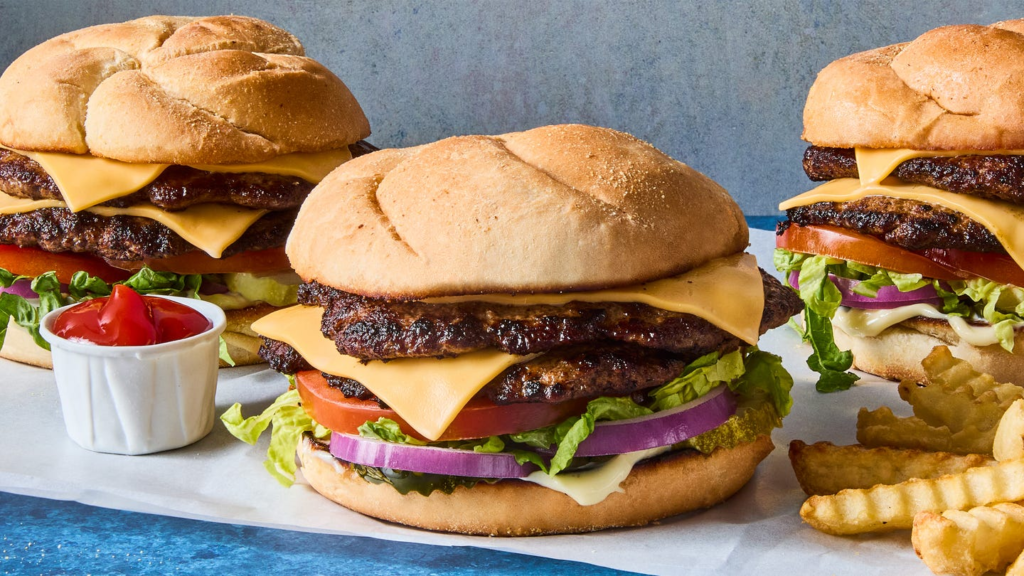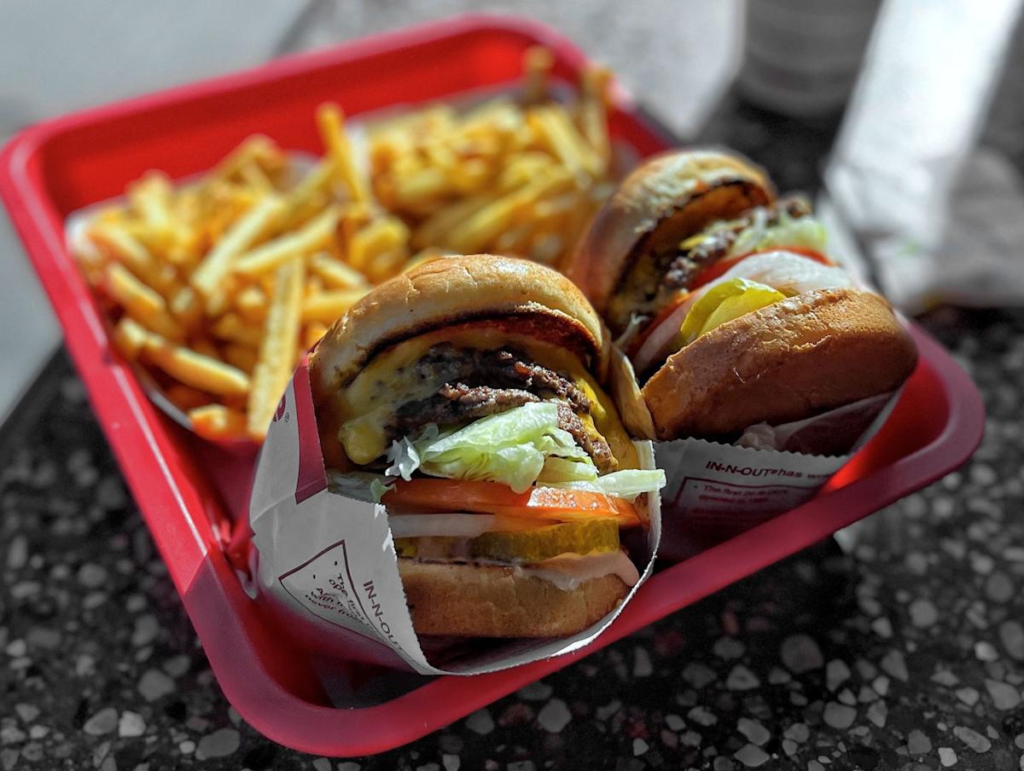A Texas man has taken legal action against the popular fast-food chain Whataburger, seeking nearly $1 million in damages after receiving a burger with onions — a mistake he claims caused severe emotional distress and health complications.
According to the court documents filed earlier this week in Harris County, the plaintiff, identified as 35-year-old Gregory Thompson of Houston, alleges that Whataburger’s negligence resulted in an unwanted and traumatic experience that went beyond a simple food error.
Thompson says he made a specific request for “no onions” on his order placed at a drive-thru location in southwest Houston. However, upon taking a bite of the burger, he discovered onions inside, which allegedly triggered a series of health issues, including vomiting, anxiety, and a “resurfacing of past trauma linked to food contamination.”
The Incident: A Drive-Thru Order Gone Wrong
The incident occurred in late February, when Thompson stopped at a Whataburger location during his lunch break. In his lawsuit, he claims to have clearly stated his dietary restriction, telling the cashier multiple times that he has a severe aversion to onions.

Despite repeating the request, he says the burger handed to him included a full serving of onions hidden beneath the lettuce. By the time he noticed, he had already taken two bites.
“It was shocking and disgusting,” Thompson said in an interview with a local news outlet. “My body reacted immediately. I felt nauseated and disrespected. It was more than just a wrong order — it was a violation.”
The Alleged Consequences
Thompson’s lawsuit outlines that the incident led to several immediate and long-term effects:
- He experienced nausea and vomiting shortly after ingestion
- He required emergency medical assistance later that day
- He has developed food-related anxiety
- He missed three days of work due to emotional distress
- He now avoids all fast-food chains, fearing another incident
His attorney, Melissa Grant, stated, “This is not about onions. This is about accountability. When someone makes a clear and repeated request, companies have a duty to honor that. My client suffered real harm, and we are demanding real justice.”
Whataburger Responds to the Lawsuit
Whataburger, a beloved Texas-based chain known for its customizable burgers and late-night hours, has responded cautiously.
In a public statement, the company said:
“We take all customer complaints seriously and are currently reviewing the claims made in this lawsuit. Whataburger prides itself on food safety and customer service, and we will continue to uphold those values as this matter unfolds.”
The company has not yet filed a formal legal response in court but has hired legal counsel to address the situation.
Is This Lawsuit Valid or Frivolous?
The lawsuit has sparked debate across social media and legal circles. Some users online have called the case “frivolous,” suggesting Thompson is chasing a payday over a minor error. Others, however, have pointed out the importance of food safety, especially for those with allergies or psychological conditions.
In Texas, food-related personal injury claims must meet certain criteria to succeed, including proof of negligence, causation, and actual damages. Legal experts say Thompson’s case may be difficult but not impossible.
“If the plaintiff can prove emotional trauma and medical costs were a direct result of Whataburger’s negligence, the court may find in his favor,” said Amanda Crowley, a Houston-based personal injury lawyer not connected to the case.
Crowley continued, “This could come down to documentation. If he has medical bills and psychological evaluations supporting his claim, Whataburger may consider a settlement.”
Past Cases Involving Fast-Food Chains
This case is not the first time a customer has sued a fast-food company over a food-related issue.
In 1994, the famous McDonald’s hot coffee lawsuit resulted in a jury awarding nearly $3 million to a woman who suffered third-degree burns. Though later reduced, the case brought national attention to food safety and consumer rights.
In 2021, a Florida woman sued Burger King for serving a non-vegan burger advertised as 100% plant-based, eventually settling out of court.
These cases show that under certain conditions, fast-food giants can be held responsible for failing to meet customer expectations or warnings.
Community Reactions Are Mixed
The case has received widespread attention in Texas and beyond. Local radio shows and social media platforms are buzzing with opinions.

Many residents say they’ve had minor issues with orders but would never think to file a lawsuit. Others say Thompson is setting an important precedent.
“He’s standing up for people who feel ignored,” said one Facebook commenter. “Too often, customer instructions are treated like suggestions, not rules.”
However, another user wrote, “This is ridiculous. Take the onions off and move on. Suing for a million dollars is just greedy.”
What’s Next in Court
Thompson and his legal team have requested a jury trial, citing the psychological and financial damage he sustained.
The first hearing is expected to take place in June 2025. If the case proceeds, it may set a new benchmark for how seriously food chains must take special requests — not just for allergy sufferers but for anyone with personal, religious, or psychological reasons.
Thompson’s attorney has not ruled out the possibility of settling the case outside of court, but only if Whataburger acknowledges the harm done and enacts stricter food-handling policies.
Final Thoughts
This million-dollar onion mistake highlights the growing tension between fast-food convenience and personal accountability. While the outcome of the lawsuit remains uncertain, it raises bigger questions:
Should fast-food chains be held responsible for every small mistake? Or is there a limit to what the courts should entertain?
Regardless of the verdict, this lawsuit is a reminder that in today’s world of personalization and dietary awareness, even one overlooked ingredient can have major consequences.
Explore more fast-food industry news and legal cases here:
foodsafetynews
Also Read – Why Yahoo Finance Is the Go-To for Investment News






